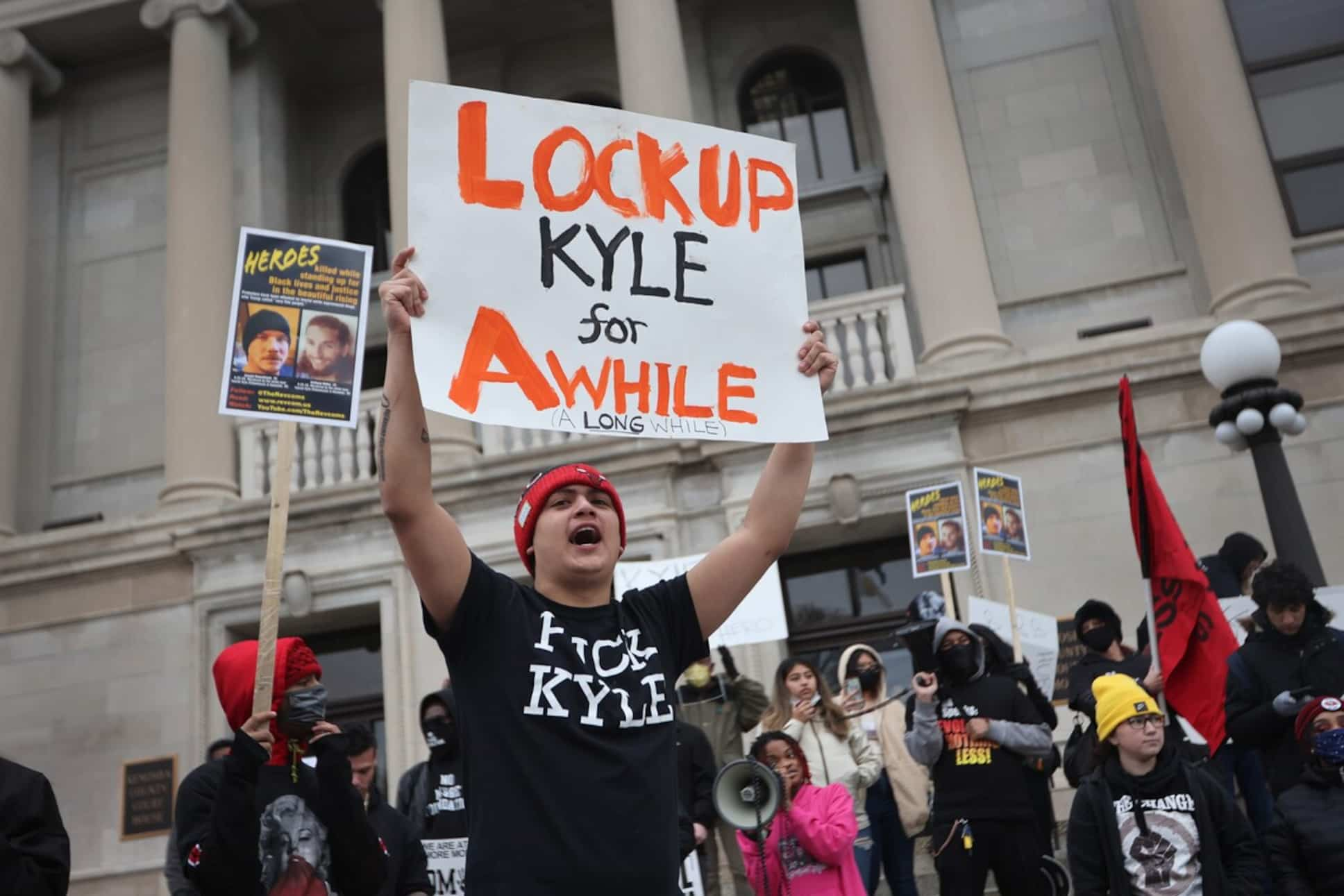The United States Should Not Open a Consulate for the Palestinians in Jerusalem
The U.S. administration’s declared intention to open a Jerusalem consulate as a representative body to the Palestinian Authority and to provide consular services to the population of the territories is turning into a political millstone in relations between Israel and the United States. The complicated and delicate nature of this situation is adding to the demand from the Palestinian Authority to divide Jerusalem again, and to cancel the previous administration’s recognition of Jerusalem as the capital of Israel. There are several relevant legal points here.
First, the declaration in May 2018 by the United States regarding the official recognition of Jerusalem as the capital of Israel constituted a meaningful change in U.S. policy. It nullified the situation that had existed up until then, in which Jerusalem had not been considered sovereign territory of Israel in the eyes of the United States since the establishment of the Israeli state in 1948. Official American recognition of Israel’s sovereignty in Jerusalem created a new legal situation that exchanged a policy of non-recognition to a situation in which Israeli law is now recognized in Jerusalem. The previous situation made it possible for the United States, as well as other countries, to maintain an independent consulate in the area, which had existed since Ottoman times in the 19th century, meant to serve Americans who visited the Holy Land.
With the establishment of the Oslo Accords in 1993, the independent and separate American consulate in Jerusalem opened up with the new role of supervising the United States’ relationship with the Palestinian political entity and with the Palestinian residents of East Jerusalem, the West Bank in Judah and Samaria, and the Gaza Strip. As noted, with the recognition of Israeli sovereignty in Jerusalem, the declaration of 2018 definitively changed the situation and made the existence of the independent American consulate in Jerusalem, which serves the Palestinian administration and the population of the territories, unnecessary.
Second, the accepted set of consular relationships between Israel and the United States is based on the 1963 Vienna Convention on Consular Relations. Clause 4 of the convention established that the seat of the consular post is established by the state setting it up and is subject to the approval of the country where it’s established. As such, clauses 7 and 8 of the convention state that implementation of consular roles on behalf of another state requires specific approval.
Third, in the interim agreement between the Palestinian Liberation Organization and Israel (Oslo 2) in 1995, both sides agreed that the Palestinian Authority would not have the right to increase foreign representation in the West Bank and Gaza, appoint or receive diplomatic and consular staff or establish diplomatic status. The same clause in the agreement establishes the possibility of “representation” by foreign governments in the area under the Palestinian Authority as a means of promoting economic, cultural and other types of agreements for the benefit of the Palestinian Authority. The opening of such American representation in Ramallah, Gaza or in any other place in the territories that is under the Palestinian Authority would be in line with the documented peace process that Israel and the Palestinians agreed to and would be supported by the United States and others, and would not require Israel’s agreement because Israeli law is not applicable in those areas.
Only in this way will the United States be able to establish representation for provision of services to the Palestinian Authority and its population that would be in accordance with United States policy, with requirements of international law and without damaging prior commitments and declarations by the United States.
The writer is a diplomat, former attorney general of the Foreign Ministry and head of the international law program at the Jerusalem Center. He is a member of the Guardians, a national forum of commanders.

